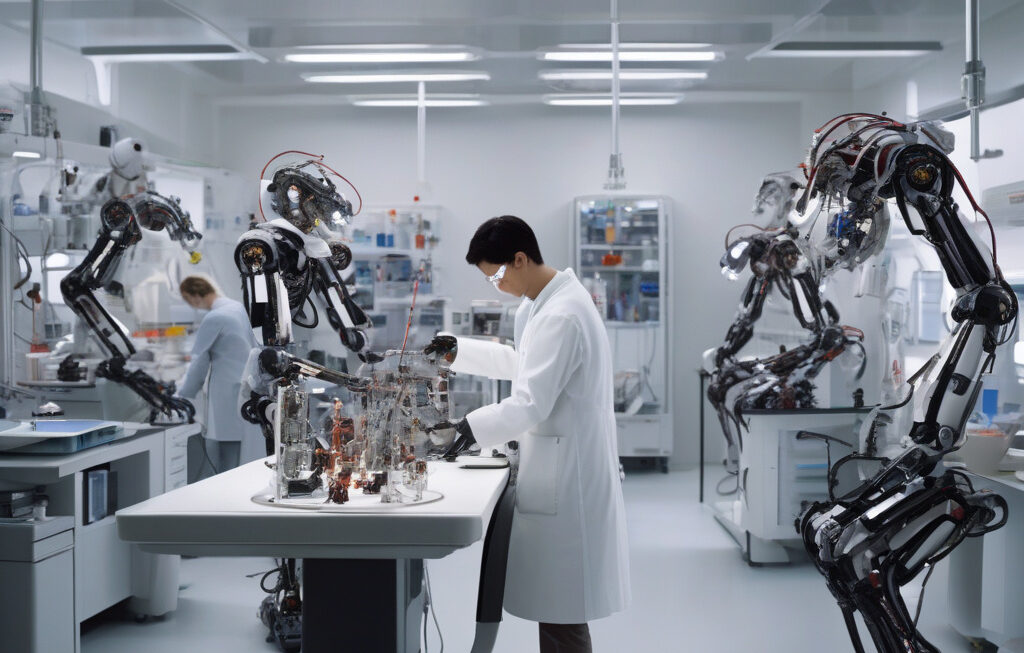AI Chatbots Found Unreliable in Suicide-Related Responses: A Critical Look at the Risks Involved
As technology continues to play an increasingly prominent role in our daily lives, the use of AI chatbots for mental health support has become more prevalent. However, a recent study has shed light on a concerning issue – the unreliability of AI chatbots in responding to suicide-related queries. This revelation has sparked a debate among experts, with many warning that relying on AI instead of human professionals could potentially put millions of individuals at risk.
The study, which evaluated the responses of various AI chatbots to sensitive mental health concerns, found that the accuracy and effectiveness of their answers were often lacking, particularly when it came to suicide-related queries. In many cases, the chatbots provided generic or inappropriate responses that could potentially do more harm than good to individuals in crisis.
One of the key concerns highlighted by experts is the potential for AI chatbots to misunderstand the severity of a situation and provide inadequate support or intervention. Unlike trained professionals who can assess the nuances of a person’s mental state and provide personalized care, AI chatbots rely on algorithms that may not always be equipped to handle complex and high-risk scenarios effectively.
Furthermore, the impersonal nature of AI chatbots could also pose a challenge in providing meaningful support to individuals in distress. Empathy, understanding, and emotional connection are crucial elements in mental health support, and these are qualities that AI chatbots may struggle to replicate authentically.
While AI chatbots have the potential to offer valuable support and resources to individuals seeking mental health assistance, it is essential to recognize their limitations and the potential risks involved. Relying solely on AI chatbots for critical issues such as suicide-related concerns could have serious consequences and may not provide the appropriate level of care and intervention that individuals in crisis require.
In light of these findings, it is crucial for users of AI chatbots to approach these tools with caution and to supplement their use with professional support when needed. While AI technology continues to advance and evolve, it is important to remember that human connection and expertise are irreplaceable when it comes to addressing complex and sensitive mental health issues.
As we navigate the increasingly digital landscape of mental health support, striking a balance between technology and human intervention is key to ensuring the safety and well-being of individuals in need. By being aware of the limitations of AI chatbots and advocating for a holistic approach to mental health care, we can work towards a future where technology complements, rather than substitutes, the expertise and compassion of human professionals.
#AIchatbots, #mentalhealth, #suicideprevention, #technologyinhealthcare, #digitalmentalhealthcare












